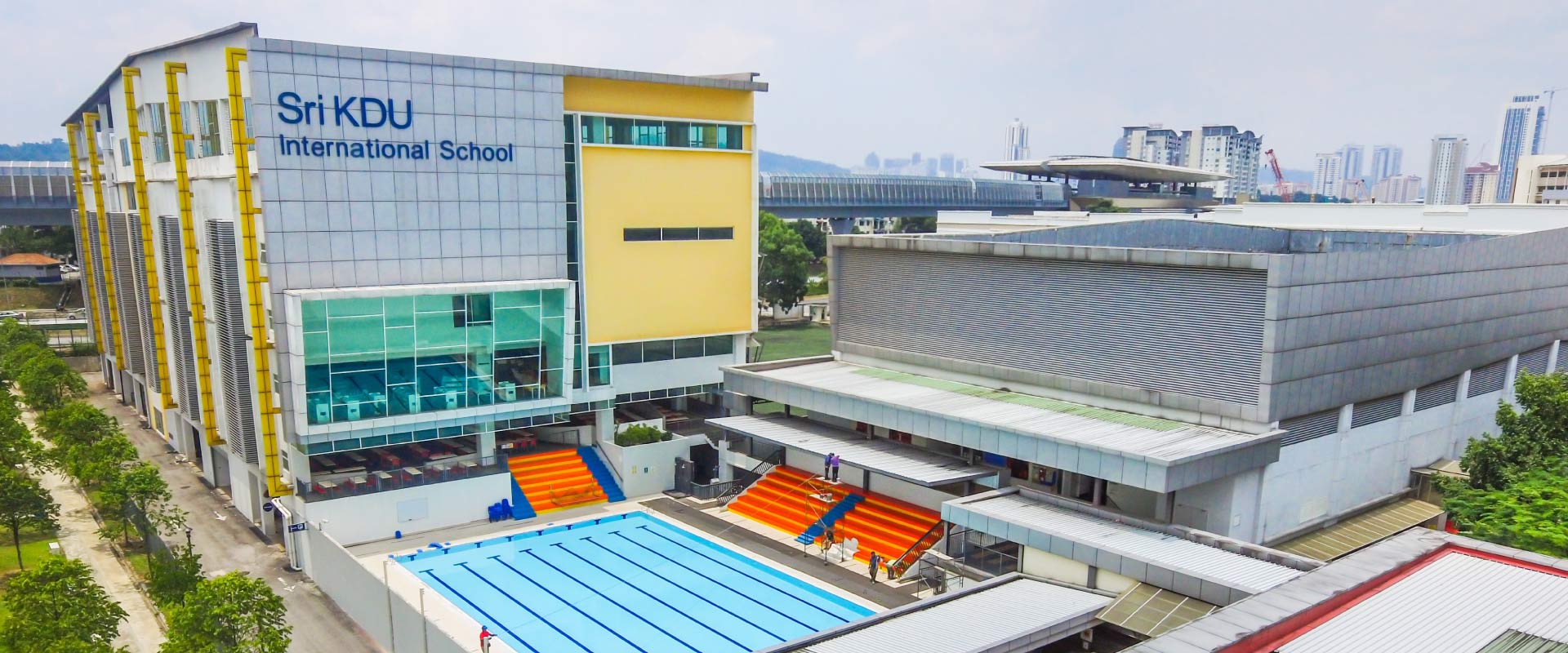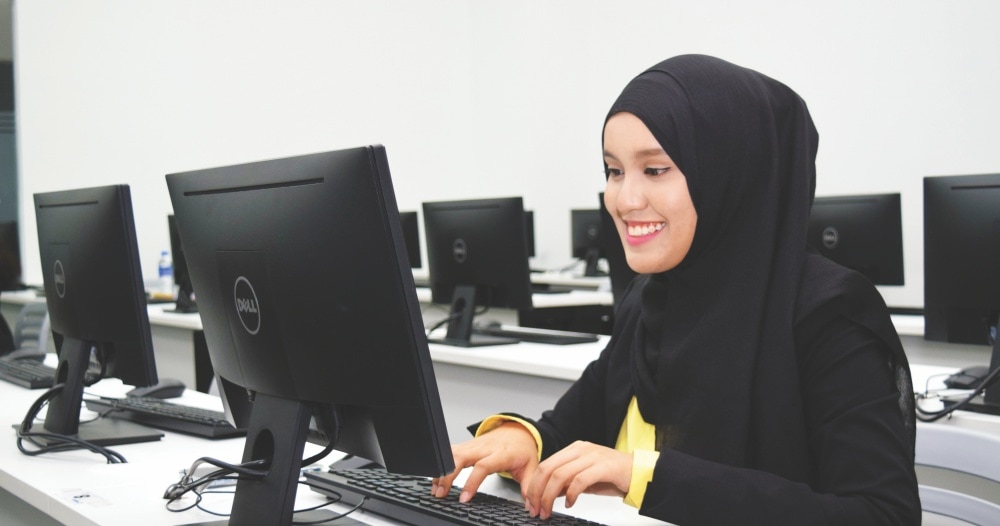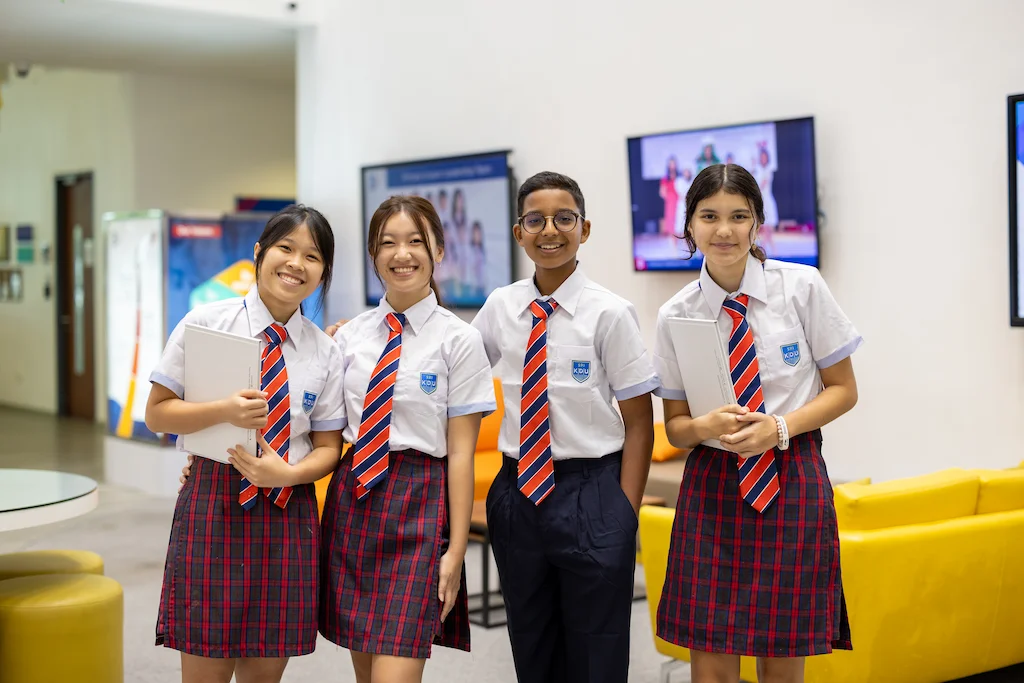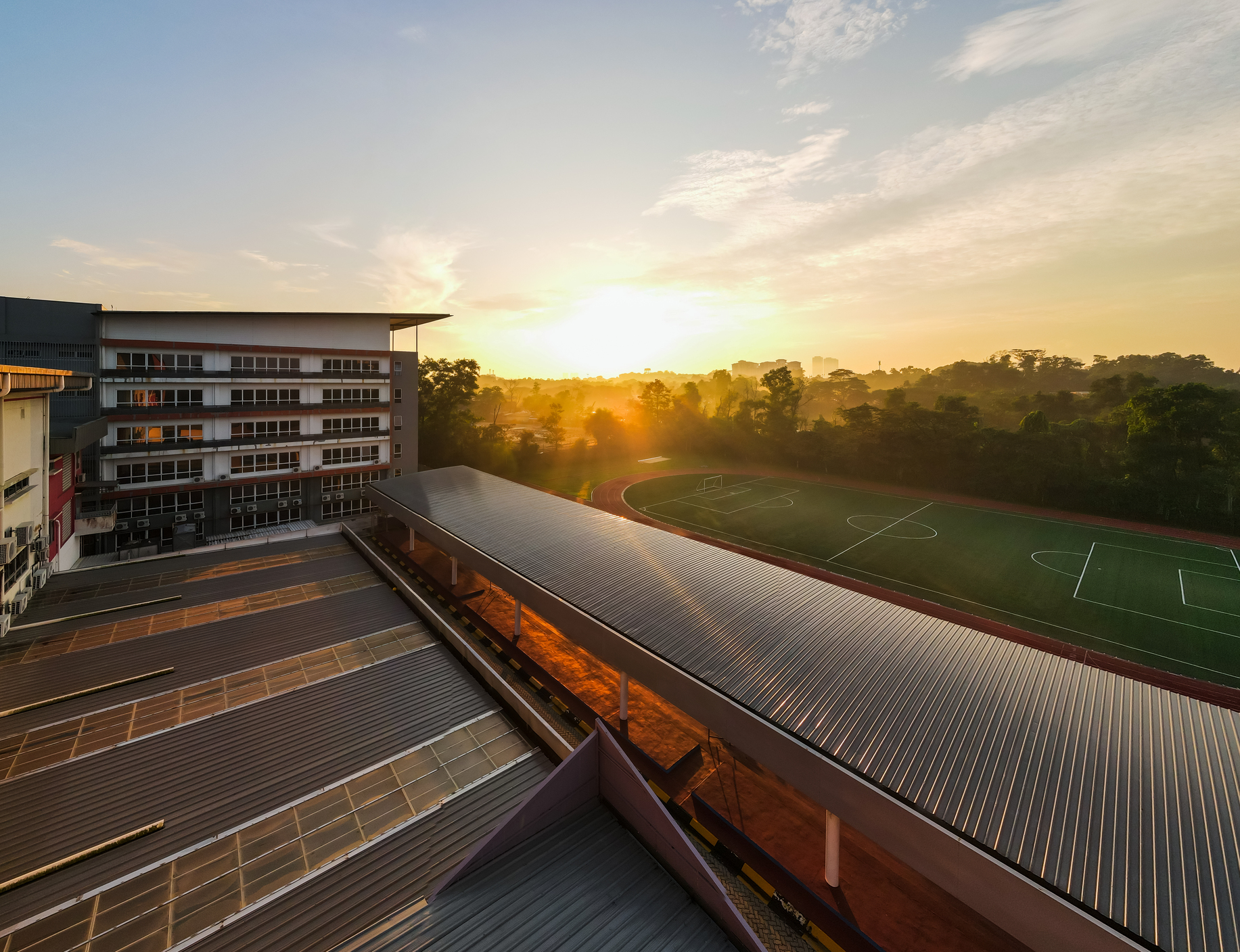Whether you’re arriving for business or leisure, Kuala Lumpur International Airport (KLIA) is your gateway to Malaysia’s most exciting destinations. Hertz Malaysia ensures a smooth start with reliable vehicles and exceptional service ready when you land.
With KLIA car rental, travellers can pick up their car directly at the airport. Choose from compact city cars, premium sedans, or spacious family vehicles — all designed to deliver a comfortable and worry-free ride.
Booking in advance with Hertz Malaysia is simple. Confirm your preferred model and pick-up time online for a seamless experience. Your car will be ready upon arrival, ensuring you save time and travel with ease.
Reliable car rental solutions make travel efficient and secure. Every Hertz vehicle undergoes strict maintenance and inspection, providing peace of mind the moment you drive off.
Families travelling through KLIA can enjoy a variety of options suited to their needs, from child-seat-ready SUVs to comfortable sedans. With Hertz, safety and convenience always come first for every passenger.
For corporate travellers, Hertz Malaysia provides chauffeur-driven and long-term leasing services. These offerings ensure that professionals can get where they need to be efficiently and on schedule.
Experience hassle-free travel through KLIA car rental pickup. From baggage claim to the open road, Hertz Malaysia ensures a stress-free transition between air and ground travel.
Across Malaysia, Hertz branches uphold the same high standards of cleanliness and reliability. Whether you rent in KLIA, Penang, or Johor, you’ll receive consistent, trusted service every time.
At Hertz Malaysia, every journey is about more than getting from one place to another—it’s about comfort, trust, and excellence. Learn more about our wide range of mobility solutions at hertzmalaysia.com/en.








